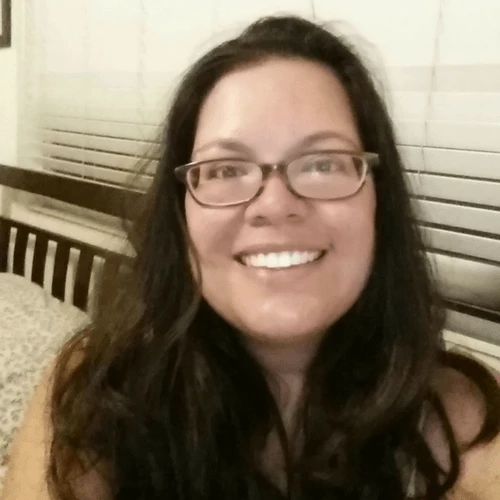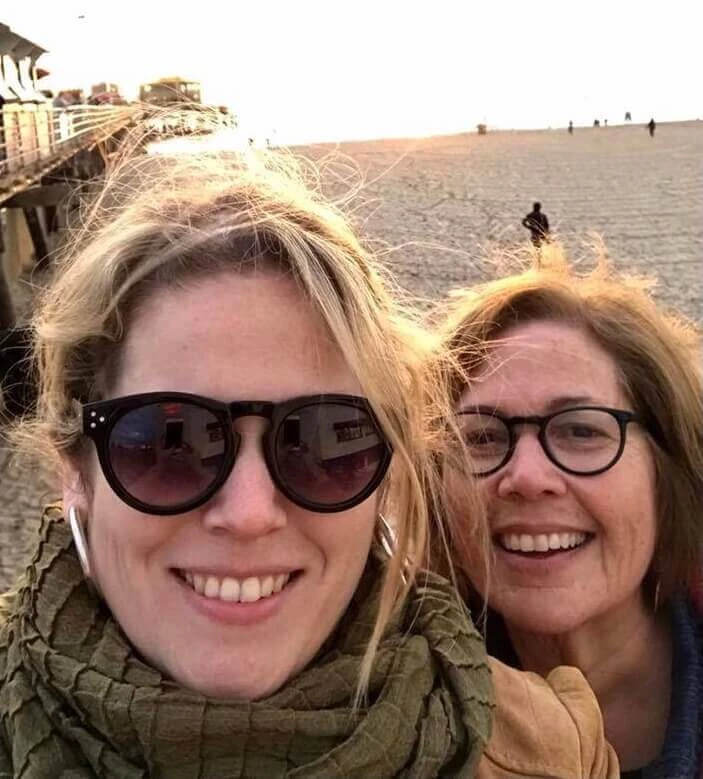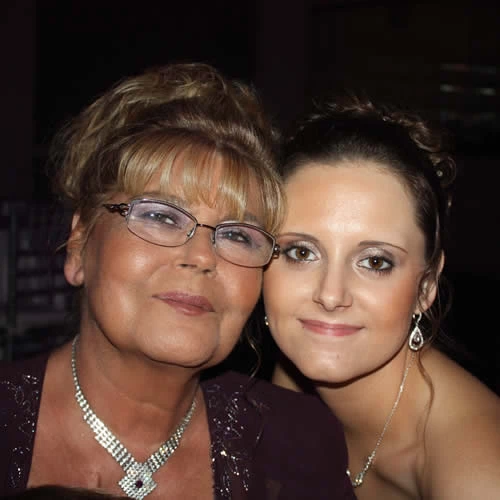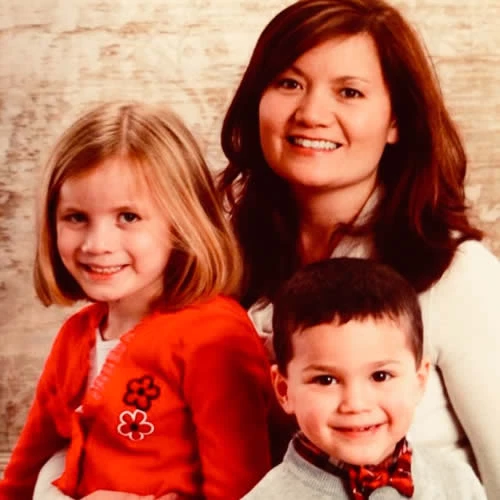Anise Diagnosed at age 36
"I was first diagnosed with breast cancer at age 32, just months after my mom finished treatment for breast cancer."
I was in shock, aside from my mom we had no history of breast cancer, and her cancer was attributed to hormone replacement therapy during menopause. I remember riding in the car with her on the way to my biopsy saying, "There is no way, right? No way we both get breast cancer within a year..?"
The chief of radiology did my biopsy, and when I asked her what else it could be, she shook her head, and said it was cancer, she didn't need to wait for the results, she knew.
So, I like to say I put on my pink boxing gloves and fought for my life. I know how to do this. I had done a ton of research when my mom was diagnosed, so I was ready. I rallied my support group and fought for my life. A mastectomy, 6 months of chemo, 5 weeks of radiation, a year of herceptin, a prophylactic mastectomy, reconstruction, oopherectomy, and a clinical trial. All my bases were covered, or so I thought.
Just a few months shy of my 5 year cancerversary, on the day before Thanksgiving, I learned that there was a mass in my lung, it was mets, stage 4.
I crumbled. My troops tried to rally around, but they all said the wrong things, like "you beat this before, you can do it again" or " you're a fighter" you're stronger than cancer." But I knew what stage 4 meant... there is no cure. This was my life now, and I felt very alone
In my spiral of depression, one afternoon I decided to look up the survival rates of women in their thirties diagnosed with stage 4 breast cancer with mets to the lungs. And you know what popped up? A link to YSC. I clicked on it and saw that the annual YSC Summit was 2 months away, and they had a whole track dedicated to metastatic patients. For the first time in months, I felt hope, and I wasn't alone.
Through YSC I have met dozens of women, like me, under 40, with children, some without, but all trying to navigate living life, while technically dying. And you know what? It can be done and you don't have to do it alone.
This is what I wish I would have known when I was first diagnosed:
If this is your story and you'd like to update it, please email us at [email protected].
Are you a survivor, spouse, friend, or caretaker with a story to tell? We'd love to hear from you.




